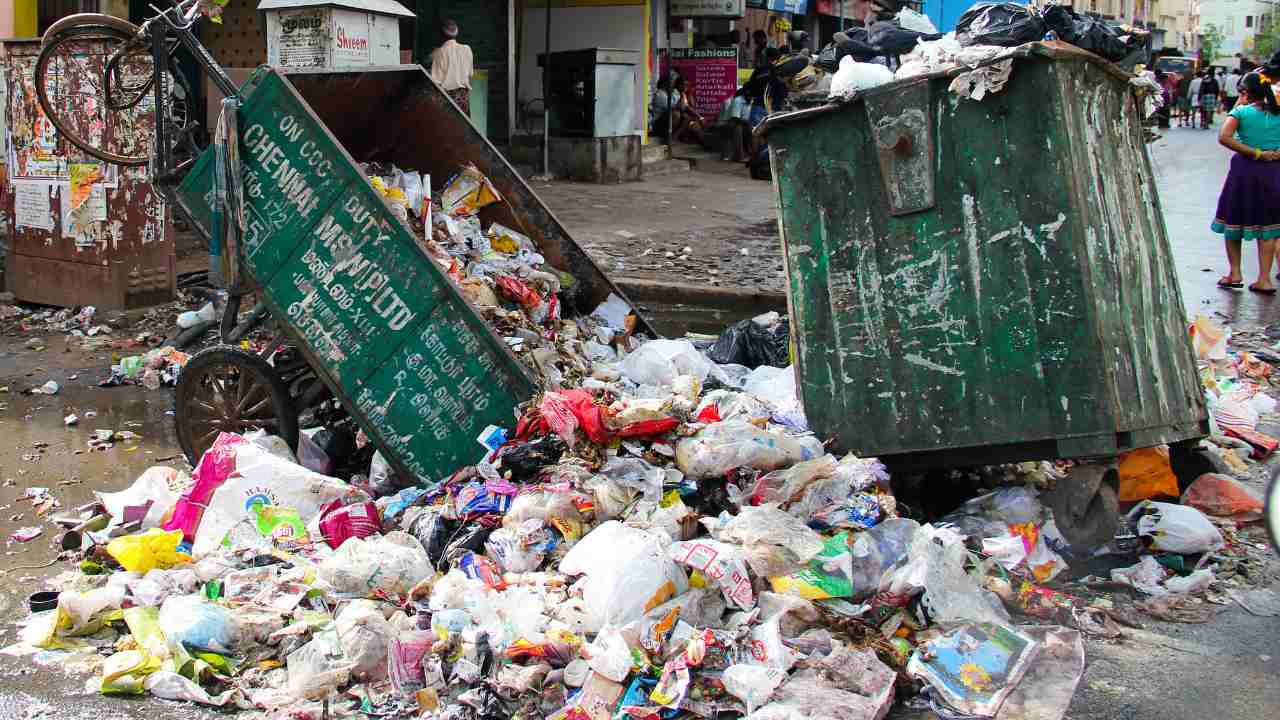WWF report- Technological innovation Information, Firstpost

Agence France-PresseSep 06, 2021 11:33:39 IST
The pollution, emissions and clean up-up expenditures of plastic made in 2019 by yourself could be $3.7 trillion, according to a report introduced Monday by wildlife charity WWF, warning of the environmental and economic load of this “seemingly cheap” materials.
There is growing intercontinental alarm around the sheer volumes of fossil-gas primarily based plastics getting into the surroundings, as microplastics have infiltrated even the most distant and otherwise pristine regions of the planet.
In its report, WWF claimed societies had been “unknowingly subsiding” plastic, with their estimates for the lifetime expenditures of 2019 production equivalent to a lot more than the gross domestic product or service of India.

In India, 60 p.c of plastic squander (15,384 tonnes) is gathered and recycled, though the relaxation is uncollected and littered in the environment. Image credit history: India Water Portal/Flickr
“Plastic seems to be a relatively cheap product when searching at the current market selling price principal plastic producers pay back for virgin plastic,” stated the report Plastics: The value to modern society, surroundings and the economic climate, developed for WWF by the consultancy Dalberg.
“On the other hand, this value fails to account for the entire charge imposed across the plastic lifestyle cycle.”
It estimated that unless there was concerted global action, a projected doubling of plastic output could see costs rocket by 2040 to $7.1 trillion.
The assessment appeared at variables like the greenhouse fuel emissions in the production system, well being impacts, waste administration and estimates of the reduction in the economic “providers” of ecosystems on land and in drinking water.
Considering that the 1950s, about 8.3 billion tonnes of plastic have been generated with about 60 % of that tossed into landfills or into the natural atmosphere.
Very small fragments have been found within fish in the deepest recesses of the ocean and peppering Arctic sea ice.
The debris is estimated to bring about the deaths of more than a million seabirds and around 100,000 maritime mammals each calendar year.
“Tragically, the plastic air pollution crisis is exhibiting no symptoms of slowing down, but the commitment to deal with it has arrived at an unparalleled amount,” claimed Marco Lambertini, Director Normal of WWF Global, in a statement.
A lot more plastic than fish
The report will come as the International Union for the Conservation of Nature (IUCN) fulfills in the French port town of Marseille, with one particular movement beneath thing to consider contacting for an end to plastic pollution by 2030.
Before in September the European Union threw its pounds powering phone calls for a lawfully-binding intercontinental agreement to lessen plastic air pollution, during UN-hosted talks in Geneva.
The UN Surroundings Programme has stated the world is “drowning in plastic pollution”, with about 300 million tonnes of plastic waste generated each and every year.
The proposed resolution is owing to be talked over during the United Nations Atmosphere Assembly in Nairobi future yr.
France’s minister in charge of biodiversity, Berangere Abba, explained if the entire world failed to act there would be “much more plastic in the oceans than fish” by 2050.








